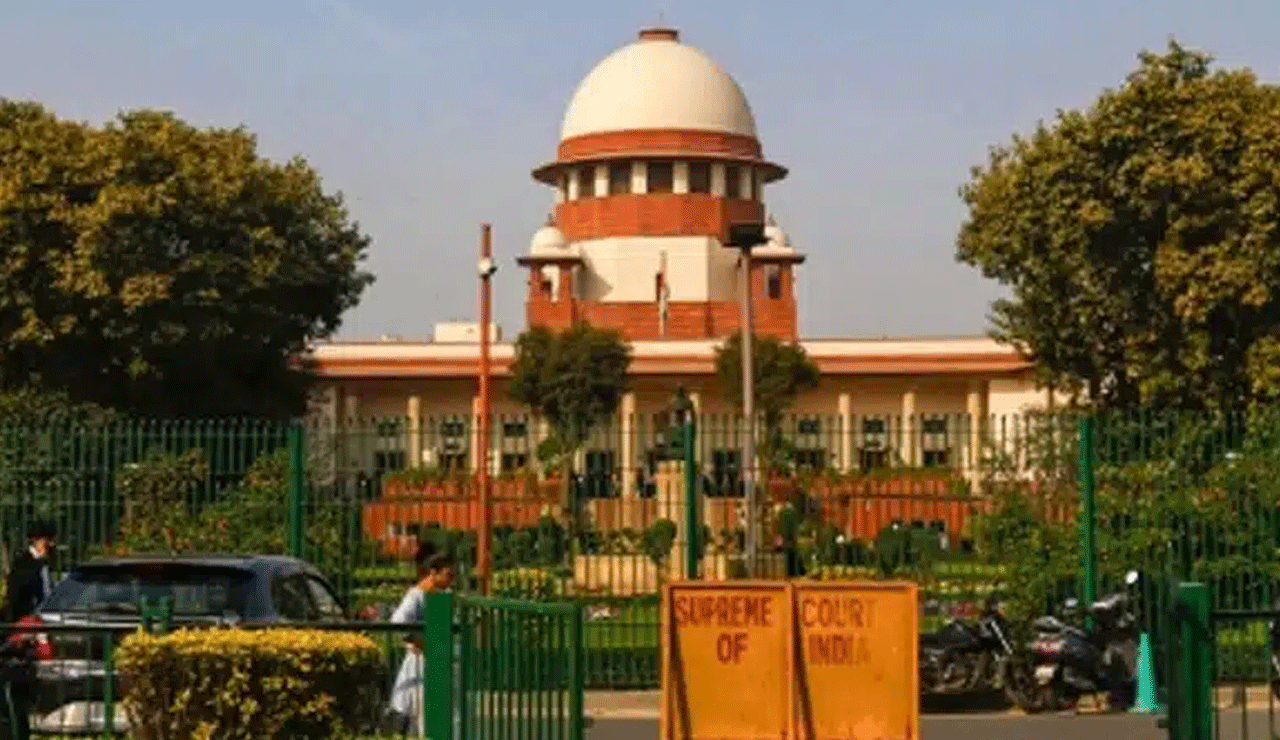Supreme Court Sets 3-Month Deadline for President to Act on State Bills
In a historic judgment, the Supreme Court of India ruled that the President of India must take a decision within three months on bills referred by state governors, effectively putting an end to indefinite delays in the legislative process.

New Delhi: In a historic judgment, the Supreme Court of India ruled that the President of India must take a decision within three months on bills referred by state governors, effectively putting an end to indefinite delays in the legislative process.
The verdict came while the apex court was delivering its decision in a case related to Tamil Nadu Governor’s decision to withhold assent to several bills. The order, delivered by a bench of Justices JB Pardiwala and R Mahadevan, was made public on Friday.
Table of Contents
Article 201 Under Scrutiny: Supreme Court Enforces Time Limit
The court examined the interpretation of Article 201 of the Constitution, which deals with the powers of the President when a Governor reserves a bill for the President’s consideration.
Currently, Article 201 does not specify a timeframe for the President to either grant or withhold assent. However, the top court clarified that this does not imply an indefinite “pocket veto.”
“The position of law is settled that even where no time-limit is prescribed… it should be exercised within a reasonable time. The powers under Article 201 are not immune to judicial review,” the court said.
Supreme Court Directs Presidential Action Within Three Months
To streamline the legislative process and avoid undue delays, the Supreme Court prescribed a specific time limit for the President’s decision.
Also Read: Dust storm Hits Delhi, One Dead; IMD Predicts More Storms Across India
“The President is required to take a decision on the bills reserved for his consideration by the Governor within a period of three months from the date such reference is received,” the bench stated.
In the event of a delay beyond three months, the court directed that appropriate reasons must be recorded and conveyed to the concerned state government.
Impact on Federal Governance and Legislative Efficiency
This ruling marks a significant step in strengthening federal structure and ensuring accountability in governance. It curbs the discretion exercised by Governors and the Centre in stalling the legislative agenda of state governments through inaction.
Legal experts believe this will prevent political misuse of gubernatorial powers and bring greater transparency and discipline in Centre-State relations.
Key Takeaways:
- Supreme Court sets 3-month deadline for President’s decision on state bills
- Article 201 now subject to judicial time-bound interpretation
- Prevents “pocket veto” through indefinite delay
- Applicable across all states, boosting legislative clarity and speed
